Definition: chronic wounds are wounds that fail to heal within a period of up to 8 weeks
Typical examples: venous and/or arterial leg ulcers, diabetic foot ulcers, or pressure ulcers (decubitus)
Burden for the patient: chronic wounds cause morbidity and increased mortality
Treatment options: unsatisfactory, no new drugs in > 15 years
Patient population: 10-20 million chronic wound patients in Europe and US
Treatment costs: 2 – 5% of total health care costs, i.e., > 100 billion USD/year in EU and US
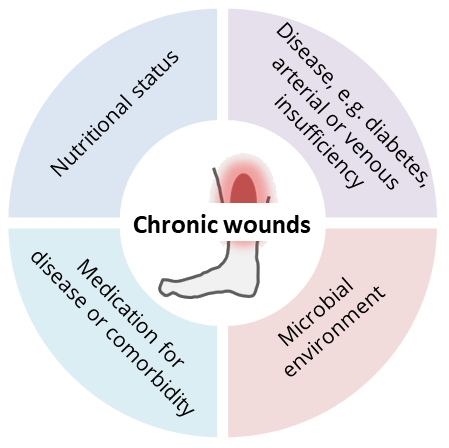
Chronic wounds have a multifactorial etiology and are dependent on many different variables.
There is no test system for the prediction of treatment success.
Present treatment options are not satisfactory!


Akribes has developed proprietary assay systems, using wound exudates from patients.
By use of these assay systems, Akribes has identified and patented compounds and compound classes with so far unknown potential for the treatment of chronic wounds.
Compound AKR101 is superior to present therapeutics if tested in the Akribes wound assay system.
AKR101 was selected for clinical development.
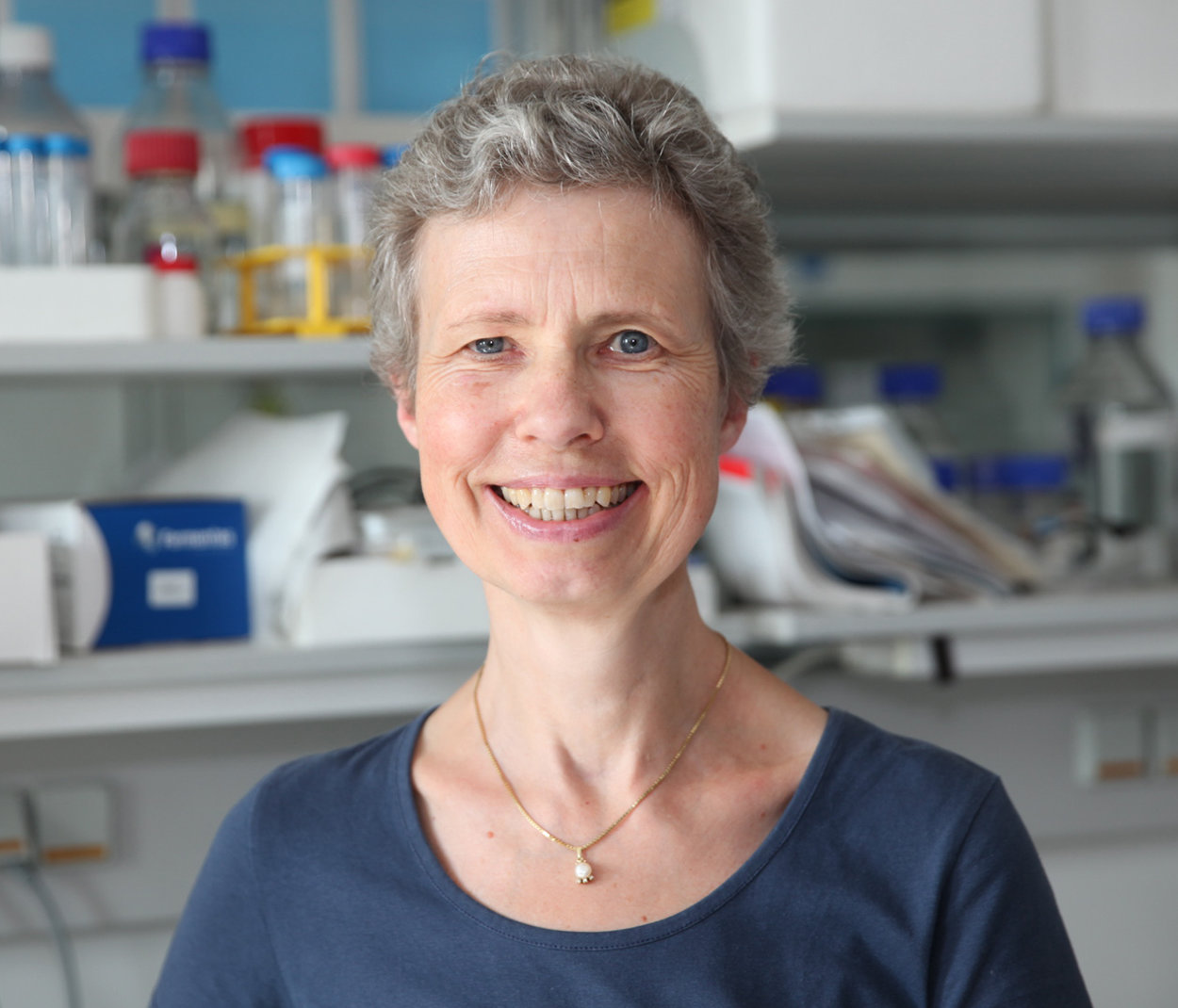
30 years of experience in academia and drug R&D (Novartis). Senior scientist and project team head for various preclinical dermatology projects.
Dr. Barbara Wolff-Winiski, MBA worked at Novartis for 25 years. She established diverse in vitro, in vivo and ex vivo assays to profile lead compounds for inflammatory skin diseases and skin cancer. In 2012 she received the Novartis 3R Animal Welfare Award for the development of an in vitro organotypic 3D keratinocyte model of Netherton disease. As Project Team Head and lead scientist, she provided pivotal preclinical data to advance new medical entities to clinical development, e.g., inhibitors of protein kinase C, smoothened and proteases.

40 years of experience in drug R&D and management (Novartis). Inventor of Lamisil®, leading scientist for Elidel®. Recipient of national and international awards.
Prof. Dr. Anton Stütz, former Executive Director Dermatology, spent 39 years in drug discovery and development with Novartis (former Sandoz), with managerial responsibilities for up to 100 employees.
He is the inventor of the antifungal block buster drug terbinafine (Lamisil®), the dermatological use of calcineurin inhibitors, e.g. tacrolimus (Protopic®), and the leading scientist for R&D of pimecrolimus (Elidel®).
He received the Erwin Schroedinger Preis by Austria´s Academy of Sciences in 2004, the Eugene J. Van Scott Award for Innovative Therapy of the Skin, and the Philipp Frost Leadership Lecture by the American Academy of Dermatology in 2011.

Lukas served as Chief Financial Officer at Apeiron Biologics AG from 2005 to 2015. He has since co-founded other biotech and diagnostic companies and started his own consultancy business to support scientific founders.
In his corporate roles, he helped manage the growth of companies from start-up to grown-up stages with 30+ employees, with projects ranging from early-stage research projects, across mid- to late-stage clinical programs all the way through to marketing authorization (Qarziba® for the treatment of neuroblastoma).
He handled various equity and debt-based financing rounds, in- and out-licensing agreements with Big Pharma, spin-outs, and his responsibilities included legal affairs, business development, administration, HR and investor relations.
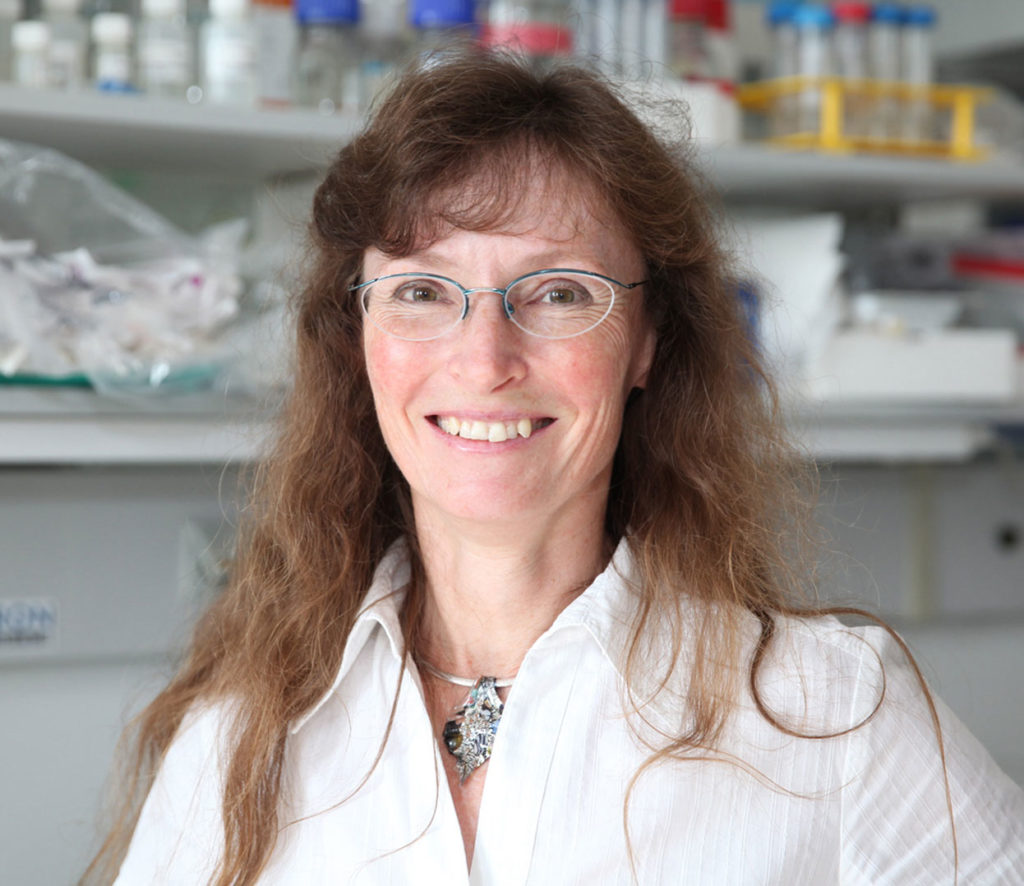
Experience in academia, pharmaceutical and biotech industry. Senior scientist and project team head for diverse projects in immunology.
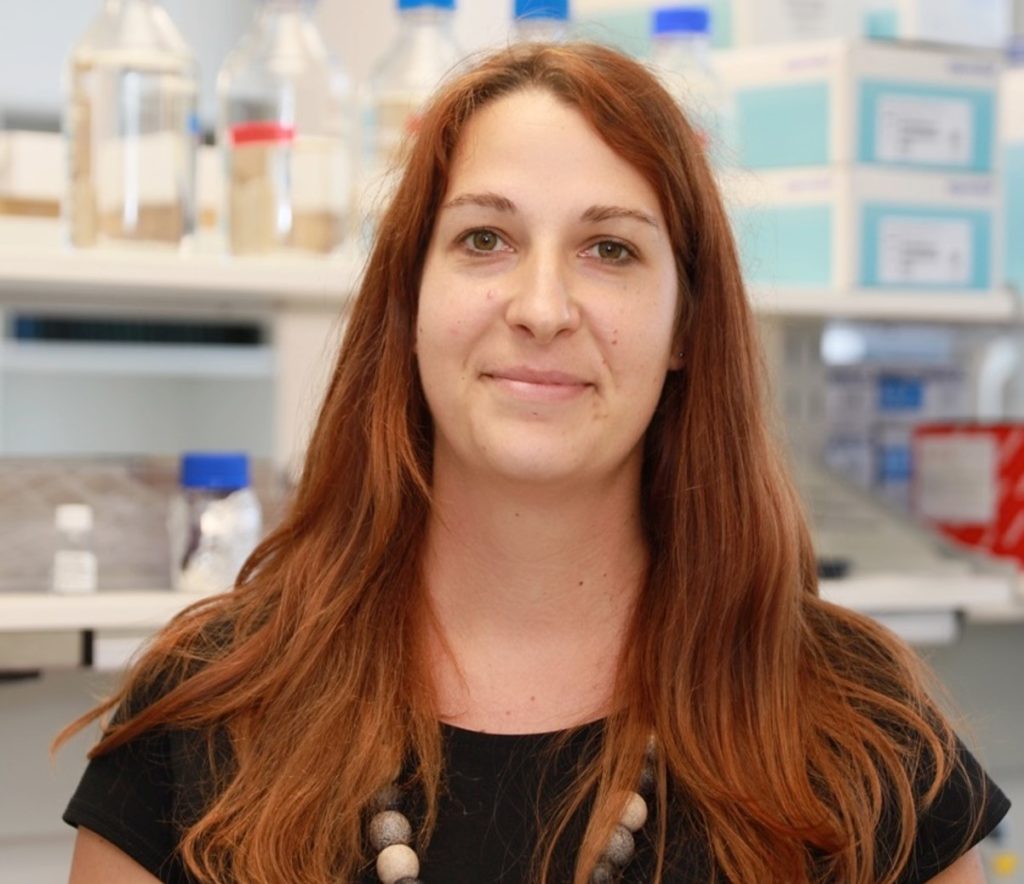
Extensive technical experience in immunology and dermatology in the pharmaceutical industry. Additional degree in Occupational Therapy.
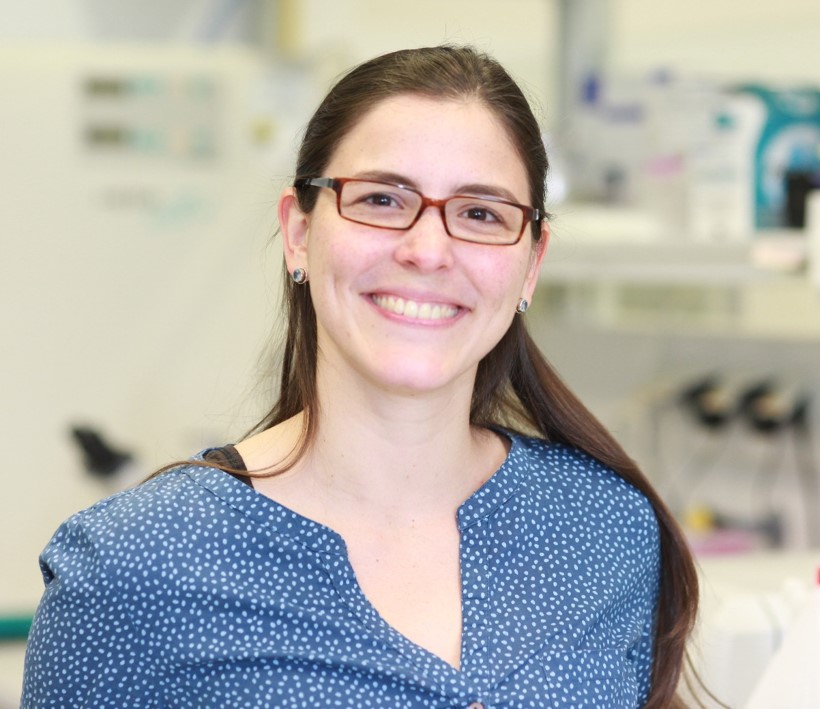
Experience in academic research. Strong publication record in cell biology. Additional training in Project Management.
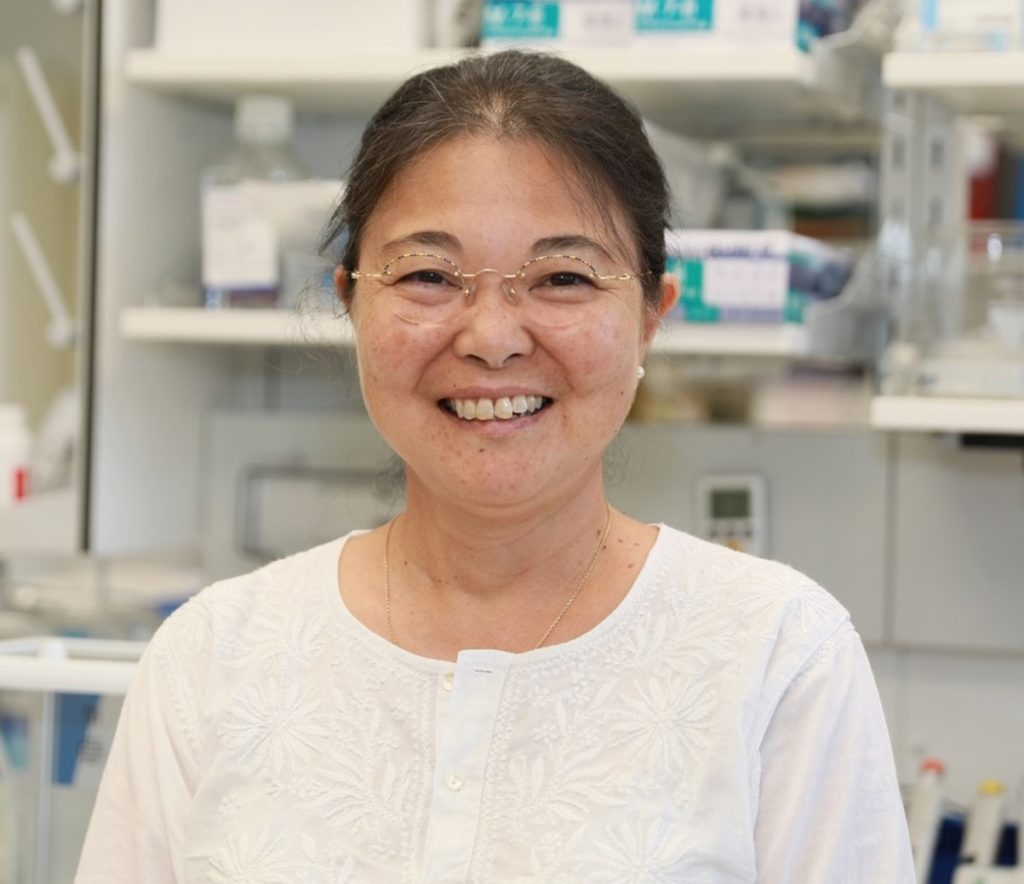
Experience in academic research (molecular and cell biology). Background in Pharmacy.
Department of Biochemistry and Cell Biology
University of Vienna
Vienna, Austria
Department of Dermatology
University of Münster
Münster, Germany
Oberwil, Switzerland
Department of Biochemistry
University of Oxford
Oxford, UK
Division of Immunology, Allergy and Infectious Diseases Department of Dermatology
Medical University of Vienna
Vienna, Austria
Department of Biology
Institute of Molecular Health Sciences
Swiss Federal Institute of Technology (ETH)
Zürich, Switzerland